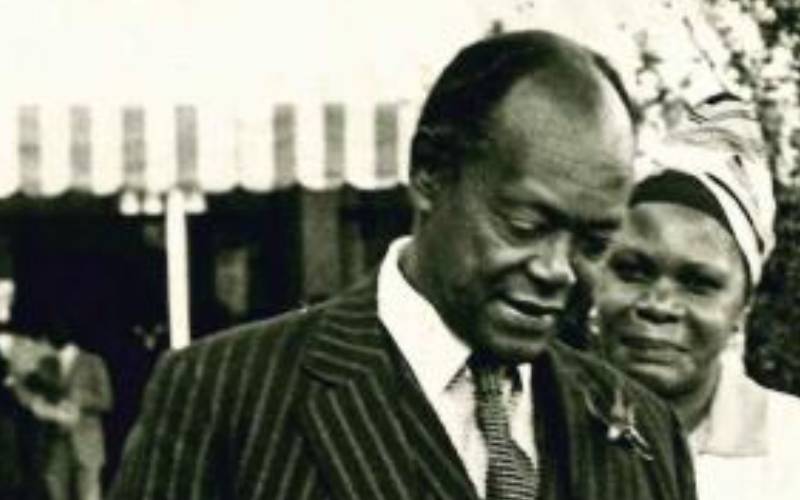×
The Standard e-Paper
Fearless, Trusted News

Sir Charles Njonjo loved the Queen’s English, believed in many things white and at one time had disparaged African pilots. [Courtesy]
Sir Charles Njonjo, the Duke of Kabeteshire, was a “British" aristocrat par excellence.